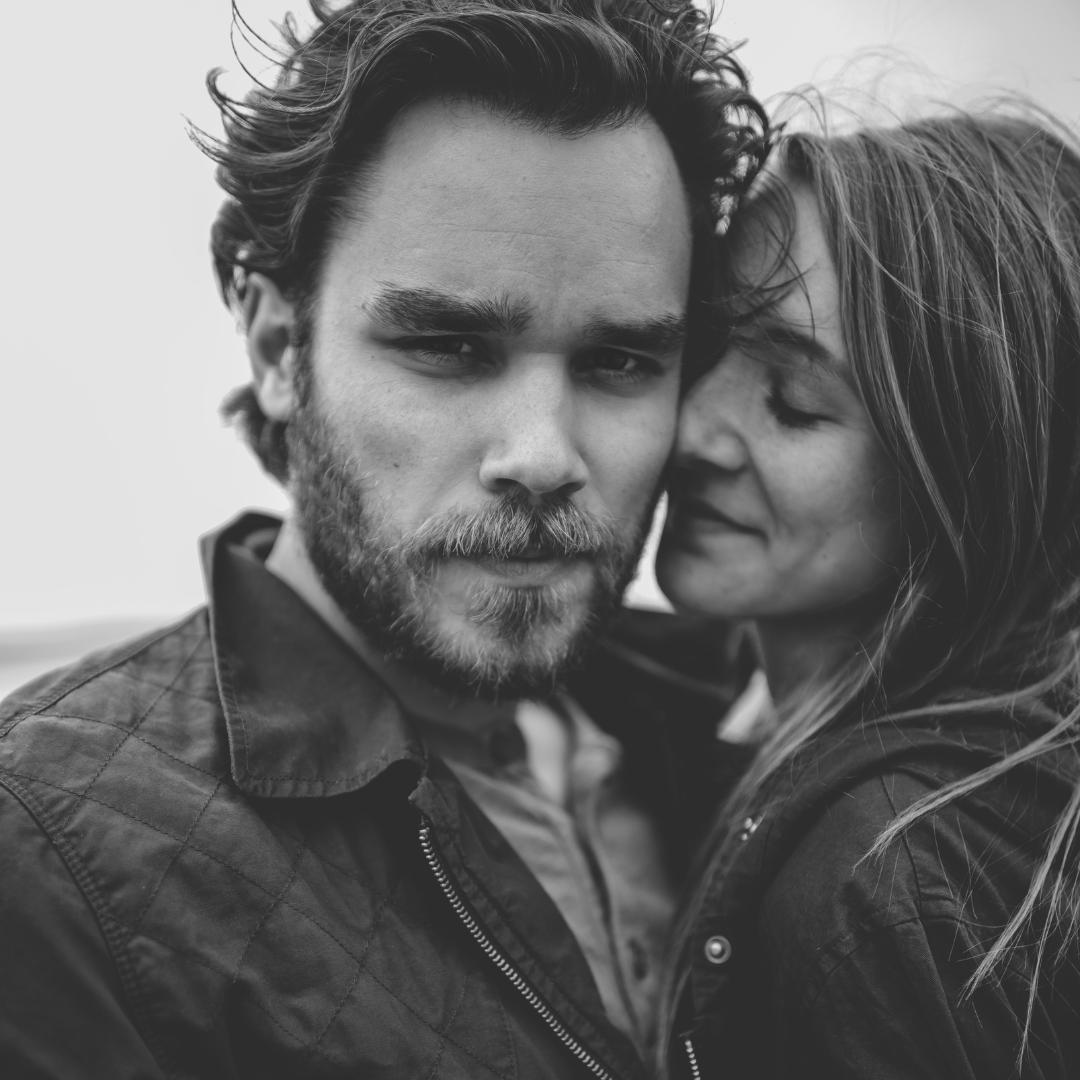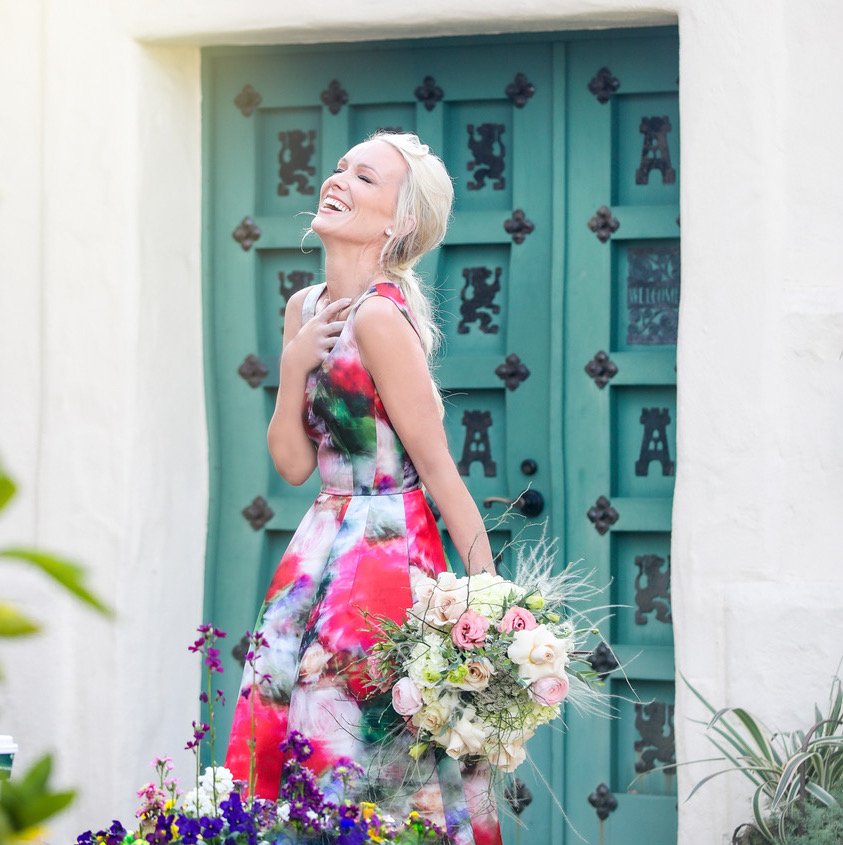By Amy Andersen, Founder and CEO of Linx Dating
What are the telltale signs that a relationship will really go the distance?
Direct yet sensitive and consistent communication
Successful couples are “on the same page,” and communication is the basic requirement for two individuals to remain so. A relationship is a partnership, and often requires renegotiating the terms to make sure both partners are consistently satisfied!
Good communication promotes transparency--critical in building trust and intimacy. Importantly, it helps couples work through conflict swiftly and competently, instead of letting misunderstanding and resentment build up.
Partners should actively maintain the health of the relationship by having regular conversations to “check-in” and stay connected.
Trust
The most stable form of trust is built over time, after a period of consistent give-and-take between both partners.
Honesty is the core component of fostering trust, and openness promotes transparency as couples work to merge their worlds with each other. This can come in the form of explicit communication, but it also depends on being honest with yourself: aka being “true” to your own feelings. This promotes vulnerability, necessary to build your shared life together as a team.
Shared values and goals
Modern dating culture as depicted in romcoms can be misleading: chemistry isn’t enough. Romance and infatuation can start a relationship, but aligned values are key to its longevity.
Sharing similar values and goals helps partners work more effectively as a unit, reducing tension and creating a sense of unity as the relationship moves towards the future.
Confidence in the clear vision they share for their relationship is a strong sign that both parties are invested in maintaining it.
Flexibility and adaptability:
Relationships aren’t stagnant—they are constantly evolving, and to succeed must incorporate changes in each partner’s identity and goals.
This is why flexibility in the present is a telltale sign that a relationship will see the future. Both the relationship and the people within them will face changing circumstances, from job changes, financial difficulties, interpersonal issues, and family obligations.
When both partners are noticeably willing to chip-in and make compromises—and do so without resentment!--it prevents problems from escalating into conflicts that should break the relationship.
Loyalty
A strong sense of loyalty is the final glue that signals a long-lasting relationship.
Loyalty isn’t a passive trait—it’s a consistent state that involves being proactive towards setting boundaries with other people (and partners). It updates as the norms of the relationship do, and what feels disloyal to one person doesn’t for another. People also express their dedication in different ways, but a surefire sign is in their attitudes towards infidelity—especially how they actively work to prevent it from happening.





